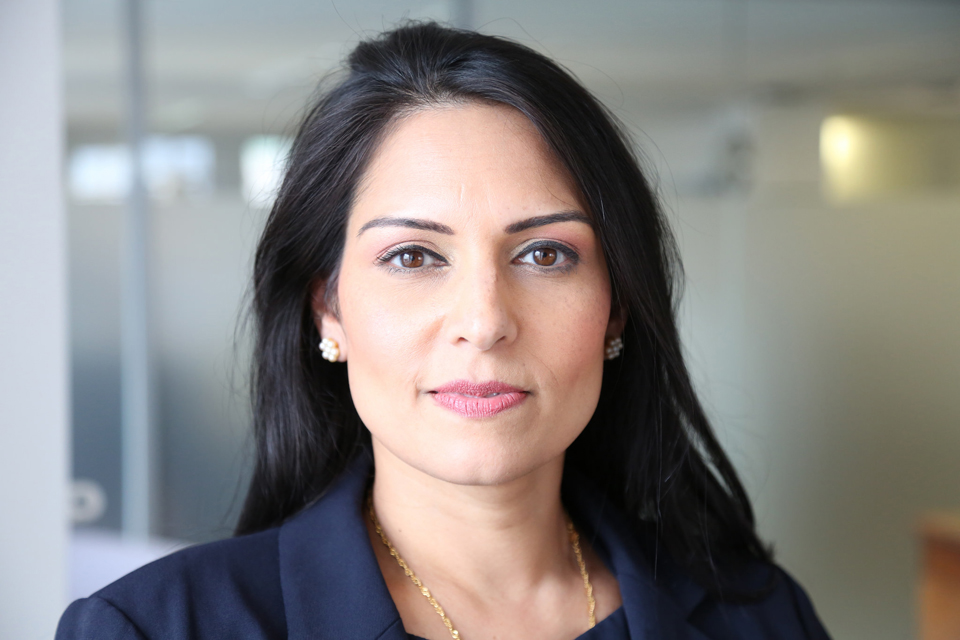Aid saves lives and stops problems reaching our shores
Op-ed by Priti Patel, Secretary of State for International Development. Originally published in the Times on 4 September 2017.

A young woman in northeast Nigeria was woken in her bed by the blast of two suicide bombers. Looking down at herself covered in blood she felt relief, thinking it was hers. Only then did she realise that one of her four children was lying dead beside her.
Her story was one among many of the victims of Boko Haram, the terrorist group that now calls itself Islamic State West Africa Province. Scores have been murdered and many survivors are left hungry, homeless and terribly injured. Babies’ bodies are shutting down and mothers who have lost everything else are fighting to keep them alive. These horrors feel a world away from life in Britain. But we would be foolish to think they do not touch us.
The fact is, a country such as Nigeria matters to the UK. There is evidence to show that Nigerians make up the largest proportion of migrants making the Mediterranean crossings to Europe. More than 16,000 Nigerians have arrived in Italy via the central Mediterranean route so far this year. We know that Nigeria is the fourth largest source country of modern slavery to the UK and that 875,500 Nigerians are living in modern slavery worldwide, including in Britain. The terrorist attacks we have experienced recently in European cities are a reminder that extremism fostered far away can end up on our streets.
We cannot ignore the fact that what is happening abroad, whether that is conflict, humanitarian disasters or grinding poverty and lack of opportunity, has impacts that we feel here at home. Global challenges such as mass migration, trafficking and disease pay no attention to national borders.
When the UK takes a stand, as we did last week in Nigeria, by taking action to provide lifesaving support for 1.5 million people on the brink of famine, or by helping 100,000 boys and girls to stay in school and build a brighter future, or simply by giving a young man the basics that he needs and making him less vulnerable to radicalisation, taxpayers can know that their money is being spent not just on transforming the lives of some of the world’s most vulnerable and impoverished people, but also on creating a safer life in the UK.
If we were to stand back from this fight, we would be both abandoning our moral responsibilities and allowing other countries’ problems to come closer to our shores.